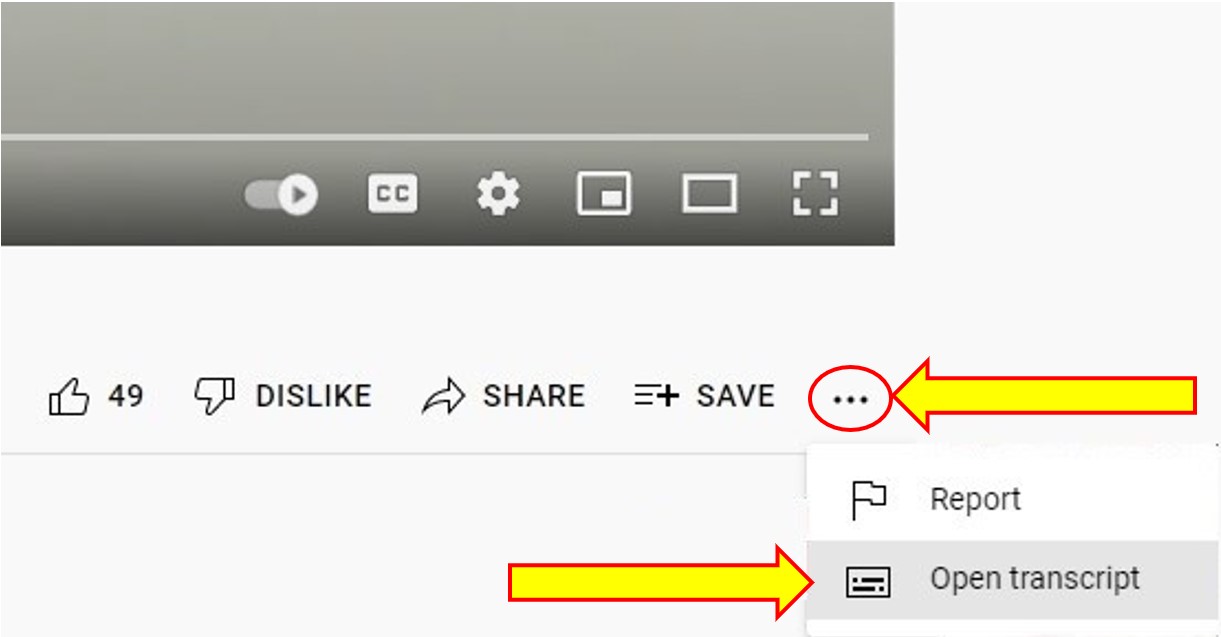2.6 The Language of Compassion

The social determinants of health related to substance use are a complicated topic, and so is providing effective support. Mental Health and Addiction Workers must be aware of these factors and “must be carefully chosen because of the sensitivity of the subject, and the associated pain and trauma experienced by the participants” (1). When we work with people who have substance use disorders we may feel tempted to “fix” the person. Our role as a Social workers is not to diagnose or treat but to provide support and appropriate referrals. One way to provide support is to use compassion.
Food For Thought
- What do you think compassion is?
- Why do you think compassion is important when discussing substance use?
- Why do you think compassion is important when working with clients?
- How can you demonstrate compassion?
To further understand being compassionate in your practice, please review this short video on how to be compassionate and supportive when working with people who use substances (2).
My Journey with Compassion – CCSA/CCUDS. Stigma is a major barrier to the well-being and recovery of people with lived and living experience of substance use disorders. This animated video about two friends, Alex and Sam, explores the devastating impact of substance use stigma and how to challenge it in our communities.
Transcript

Being compassionate is important, it is also important to understand our boundaries. Investing much time supporting an individual can be taxing and can result in compassion fatigue. “Compassion fatigue is a recent concept that refers to the emotional and physical exhaustion that affects helping professionals and caregivers over time”.(3) Ensuring self care, including compassion for oneself, is one way to improve success in this field. At the end of each chapter there is a section called self-care. Each self-care section provides resources and activities that can improve mental health.
Food For Thought
- What are two ways you can prevent compassion fatigue?
- What do you want to know more about?
Exploring Substance Use in Canada by Julie Crouse is licensed under a Creative Commons Attribution-NonCommercial-ShareAlike 4.0 International License, with minor revisions for clarity and ease of use.
References
- Canadian Centre on Substance Use & Addiction. (2021). My journey begins with compassion. [Video]. Youtube. https://www.youtube.com/watch?v=RD0EOwWK8gI
- Jarrad, R., Hammad, S., Shawashi, T., & Mahmoud, N. (2018). Compassion fatigue and substance use among nurses. Annals of GeneralPsychiatry, 17(13), https://doi.org/10.1186 /s12991-018-0183-5
- Lee, B., Kellett, P., Seghal, K., & Van den Berg, C. (2018). Breaking the silence of racism injuries: A community-driven study. International Journal of Migration, Health, and Social Care, 14(1), 1-14. https://doi.org/10.1108/IJMHSC-01-2016-0003

